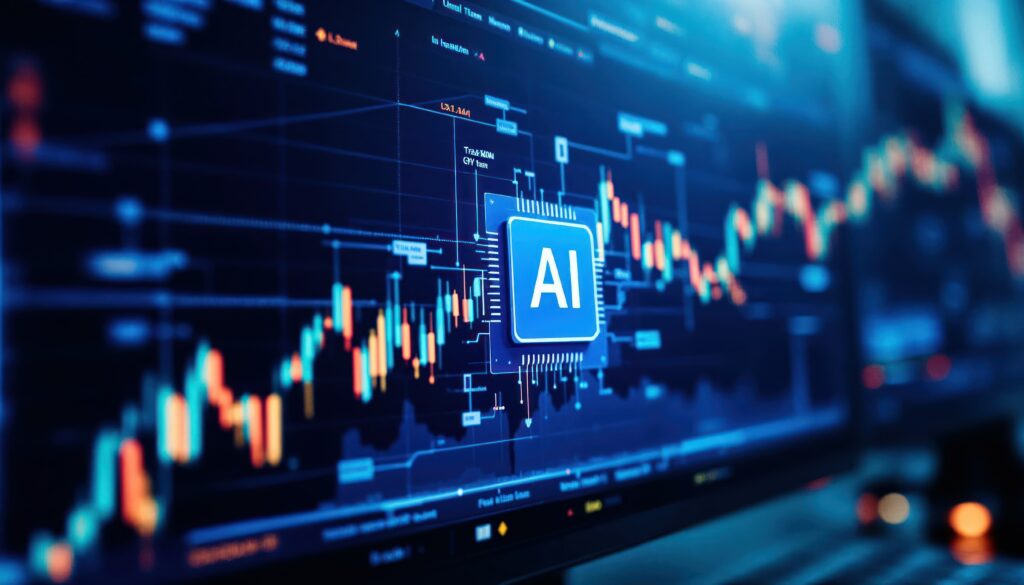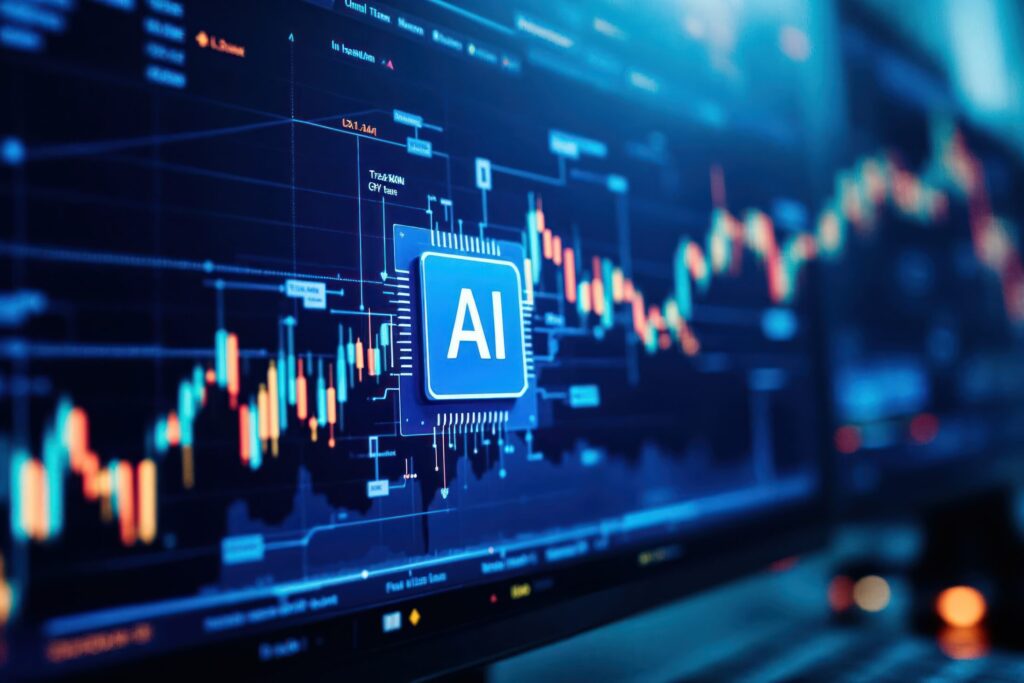
by Chris Collins and Matt Gertken
The version of record of this op-ed appeared in Investment Week
Since Open AI debuted ChatGPT in November 2022, artificial intelligence has exploded into mainstream use. The ChatGPT platform alone now serves over 300 million weekly active users.
Most American firms have begun experimenting with AI tools and private investment in the space has surged, with over $33 billion invested in generative AI last year.
Yet the promise of an ‘AI revolution' has also generated anxiety about the impact of the technology on society.
A recent study from the Pew Research Center on how Americans view the role of AI in daily life found "concern about AI outweighs excitement across all major demographic groups."
This wariness is a global phenomenon: 53% of people across 30 different countries say AI "makes them nervous," according to Ipsos. As public awareness of AI has grown, so too have public worries.
Some are concerned the proliferation of deepfakes and AI-generated "slop" will harm social trust, or that the energy needs from AI infrastructure will accelerate climate change.
Others are concerned about killer robots, or, in the famous case of Elon Musk, being blackmailed from the future by a vengeful superintelligence.

To date, much of the fear has been based on speculation and hypothetical scenarios rather than concrete evidence. However, newly released data shows some of AI's first potential victims: young workers just starting their careers.
The data comes from a new study by the Stanford University Digital Economy Lab. Based on analysis of payroll data from ADP, the researchers concluded, "early career workers (ages 22-25) in the most AI-exposed occupations have experienced a 13% relative decline in employment".
The data provides "early, large-scale evidence consistent with the hypothesis that the AI revolution is beginning to have a significant and disproportionate impact on entry-level workers in the American labour market".
Right now, across the US, young people are entering a employment market that has "deteriorated noticeably," according to recent analysis by the Federal Reserve Bank of New York. For some fields, AI is a major driver of this deterioration.
Economically, at least in the near term, this does not bode well.
The cooling of labour demand in the US may or may not lead to recession (beware, it normally does) but the trend is rising whether looking at all workers aged 22-27, all college graduates or just recent college graduates.
The good news is that youth unemployment, like general unemployment, should revert to mean over time. Large rises in unemployment occurred in the early 1990s, early 2000s, Great Recession and Covid pandemic amid technological enhancements – the personal computer, internet, smart phones and social media – but unemployment eventually came back down.
The argument that technological progress does not destroy the net number of jobs in a society is not new.
A famous 1938 paper by Karl Compton, then president of the Massachusetts Institute of Technology, made the case that, historically, technological advances lead to more jobs overall, as they create new industries and increase productivity. Technology, Compton believed, was ultimately humanity's economic ally.
But even those who argue that "the broader labour market has not experienced a discernible disruption since ChatGPT's release 33 months ago" have been forced to admit "a possible impact of AI on employment of early career workers," according to Yale University's The Budget Lab.
The bad news is that if AI does not deliver the productivity boom its proponents anticipate, or if the gains from the technology flow just to a small segment of society, workers and the economy could suffer problems over the medium run, not just the short run.
Despite optimism about technology, Compton conceded that "technological unemployment may be a very serious social problem, as in a town whose mill has had to shut down, or in a craft which has been superseded by a new art".
Depending on whether the disruption from AI moves further up the age and income ladder over the next few years, a broader social and political reaction to job-stealing AI could happen sooner than people think. That is, in the 2026-28 election cycle.
In the months and years ahead, if the impact of AI on the labour market broadens to middle-aged workers, or expands to impact more types of jobs, angry voters will demand change.
Consider, for example, the impact of autonomous AI-driven vehicles on the long-haul trucking industry. As a recent Centre for International Governance Innovation report noted, "about two million people make a decent living hauling freight on America's highways … driverless long-haul semis threaten to vaporise a lot of good jobs." The more jobs replaced by robots, the greater the political blowback.
It took voters in the West about 16 years to react to the ‘China shock' that dislocated manufacturing jobs. Voters were told that hyper-globalisation would boost everyone's wages, but after the credit bust of 2008 and the sluggish economic recovery, they started looking for more dramatic solutions. Hence the trade wars and extravagant spending of the Donald Trump – Joe Biden years.
Now, the AI shock threatens another big displacement, but this time voters will not be so slow to demand protection for their livelihoods.
With the political establishment already shaken up, and populism already shown to be a winning election strategy, politicians will scramble to provide benefits for those disrupted by AI.
One problem: How to pay for it?
Federal debt and interest costs are rising. Neither political party can crank up fiscal spending without triggering higher inflation and interest rates. Supporting displaced workers will need to be offset by higher revenue.
The conclusion is not hard to imagine. If AI displaces workers, Big Tech and other corporations will face higher taxes in coming election cycles. The companies profiting most from AI may soon need to fund an upgraded safety net.
If it were not so economically perilous, the irony would be poetic.
Christopher Collins is a Polycrisis Fellow at the Cascade Institute at Royal Roads University; Matt Gertken is chief geopolitical and US political strategist at BCA Research.

